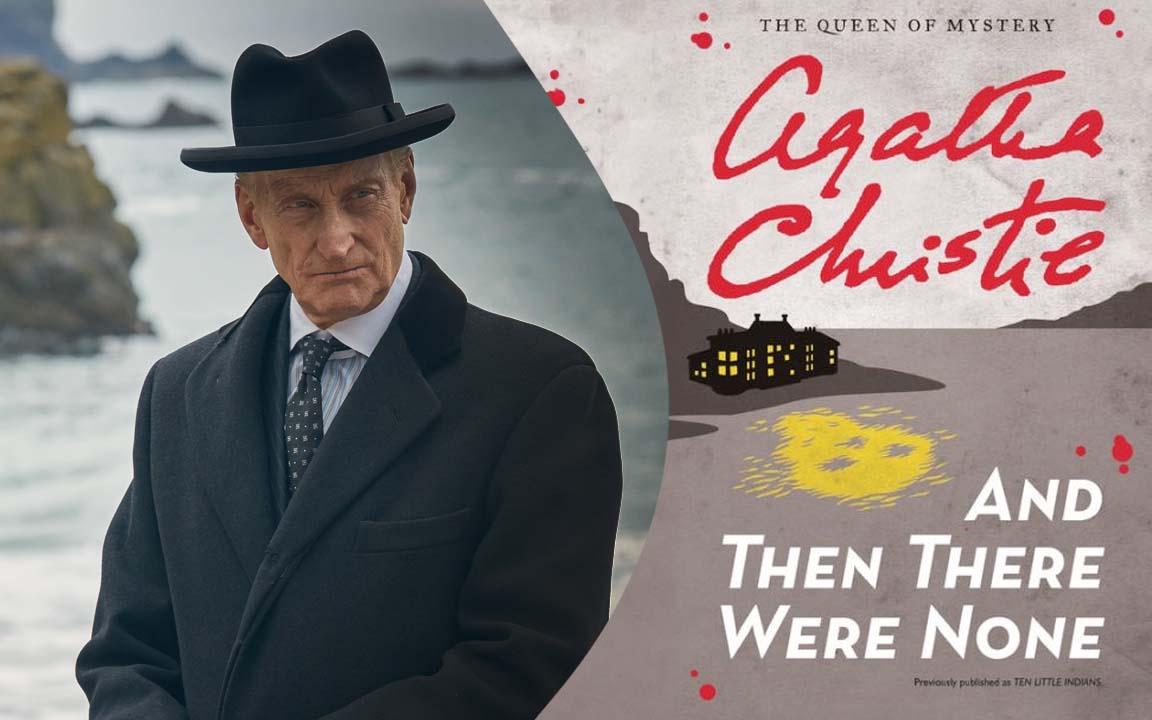Why Did Justice Wargrave Choose to Kill in "And Then There Were None"?

Justice Wargrave, a central character in Agatha Christie's "And Then There Were None", is revealed to be the mastermind behind the mysterious killings on Soldier Island. But why did he choose to kill?
Justice Wargrave's Motive for Murder
Justice Wargrave had a strong sense of justice, which was twisted into a desire to punish those he believed were guilty; the ten people he invited to the island were all individuals who had escaped legal punishment for their crimes. Wargrave, being terminally ill and near the end of his life, decided to take matters into his own hands.
But how did he carry out his plan?
The Meaning of Wargrave's Nursery Rhyme
Wargrave used a nursery rhyme, "Ten Little Soldiers", as a blueprint for his killings. Each death on the island corresponded to a line in the rhyme, adding a layer of theatricality and psychological terror to his plan.
This method was as intricate as it was horrifying, but what was the final outcome?
How Did "And Then There Were None" End? And Why Did Wargrave End His Life?
Most people wonder why Wargrave chose to end his own life and if he felt any remorse for his actions. Wargrave's suicide was a part of his scheme: ensuring that he too would meet the same fate as his victims, thus completing the nursery rhyme.
As for remorse, Wargrave's letter at the end of the book suggests that he saw himself as an agent of justice rather than a murderer (so probably not much remorse!).